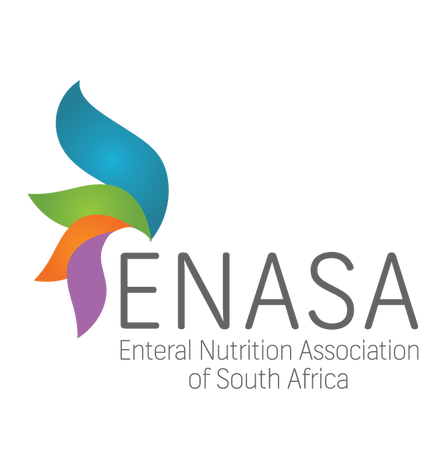Good nutrition is the foundation of good health. This is the crowning insight, made by researcher L Sandquist, and which is borne out by the impacts of disease related malnutrition. These range from longer recovery periods to an increased morbidity – all of which brings home the need for a greater focus on Optimal Nutrition Care For All (ONCA).
ONCA (European-nutrition.org) represents an amalgamation of skill and effort from a multi-disciplinary team of European experts, working together to ensure that at risk patients, as well as those suffering from malnutrition, have access to screening for this condition as well as proper nutritional care.
At present, such measures are typically lacking in many countries for a number of reasons, ranging from the fact that obesity has grabbed a larger part of the medical community’s attention and concern, to the reality that, as budgets are cut, nutrition is one of the first areas to fall by the wayside. Added to this, malnutrition is frequently considered an inevitable part of ageing, and is therefore often overlooked or disregarded (1). This is a grave mistake, as the situation could be remedied to a degree through the implementation of screening to identify at risk patients, as well as training for healthcare workers to address the problem. More than this, however, the failure to address the issue puts paid to the notion of meeting the United Nation’s Sustainable Development Goals; particularly those relating to achieving Zero Hunger and ensuring Good Health and Wellbeing. After all, if as many as 33 million European citizens were estimated to be suffering from malnutrition back in 2014, how can these goals be in sight?
More than this, it can be argued that nutritional care is a human right, because it is closely associated with the right to food and the right to health. What’s more, if this right is lacking, it impacts on an individual’s ability to enjoy the other human rights which are guaranteed by various constitutions around the world. Nutritional care should encompass screening for malnutrition, resulting in an accurate and appropriate diagnosis, as well as corrective action from a team of experts. In a hospital setting, where disease related malnutrition presents, it further includes receiving a therapeutic diet and care from a team of experts (2).
In the South African context, the need for ONCA is all the more pronounced because of the prevalence of malnutrition. According to one study, which studied the extent of malnutrition amongst public sector hospital patients by measuring Middle Upper Arm Circumference (MUAC), BMI and a Malnutrition Universal Screening Tool the overall risk of malnutrition stood at 72.3%, while 45.4% were judged to be malnourished (3). Further studies have shown that, in South Africa, malnutrition exists at both sides of the spectrum, with a large portion of the population classified as obese while others are malnourished.
Government has implemented a number of interventions in an effort to address the issue, ranging from the Integrated Nutrition Programme which targets children at primary school age (important, because around 27% of South African children are found to be stunted due to malnutrition) - with a focus on nutritional supplements, deworming, growth monitoring, vitamin supplements, and disease-specific nutrition, treatment and support – to various roadmaps. The most recent of these, ended in 2017, placed significant emphasis on nutrition education and information around healthy eating and the health risks associated with poor diets. The South African Food Based Dietary Guidelines and Food Guides were also introduced in this regard.
Full references available on request
Ednevelt R, Kachal J, Zinger P, Dogev R, Goldsmith R, Grotto I
Cardenas, D, Bermudez, C and Echevarri S
Van Tonder, E, Gardner, L, Cressey, S, Tydeman-Edwards, R and Gerber, K


Comments